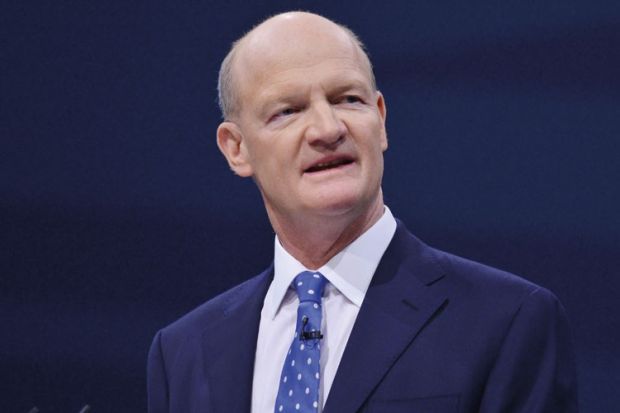The Scottish government’s plan to charge English students tuition fees in the event of independence would “not be legal”, according to the universities and science minister.
David Willetts, speaking this morning to MPs from the Business, Innovation and Skills Committee, said it was “pretty clear” that European Union rules would not allow an independent Scotland to allow its own students to attend for free yet charge those south of the border.
“The view seems pretty clear that if Scotland were to be a separate state within the EU, it would not be legal, because there is a very clear framework within the EU that you can’t discriminate against members of other member states,” he said.
The Scottish National Party hopes to convince the EU that it would have a unique case to charge tuition fees to English, Welsh and Northern Irish students in the event of independence in order to prevent an overwhelming number of “fee refugees” heading to Scotland from England.
But Mr Willetts said that it would be “unprecedented” if Scotland were able to secure such an agreement from the EU, adding that this was the “view of the vast majority of legal experts”.
Mr Willetts was also questioned yesterday by MPs from the Scottish Affairs Committee on the impact of independence on higher education.
The UK currently has a broad science base, he said. But “if you’re a small country you have to specialise and then you have to take some very tough decisions about what to specialise in”, he warned.
Independencealso risked Scotland’s place at the “top table” when science ministers from around the world met and decided on international priorities for research.
“There are 8,10,12 seats at the table. There aren’t 25 to 30,” he said.
Currently, Scotland was represented by the UK minister, but as an independent country might instead be represented by the European Commission, which would be “rather less effective”, Mr Willetts claimed.
Register to continue
Why register?
- Registration is free and only takes a moment
- Once registered, you can read 3 articles a month
- Sign up for our newsletter
Subscribe
Or subscribe for unlimited access to:
- Unlimited access to news, views, insights & reviews
- Digital editions
- Digital access to THE’s university and college rankings analysis
Already registered or a current subscriber? Login




